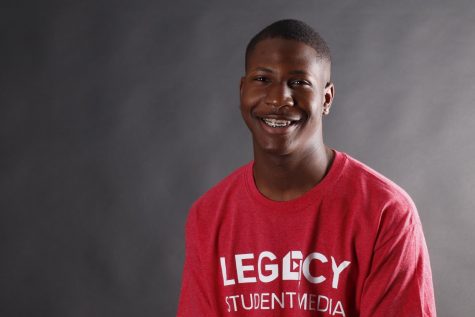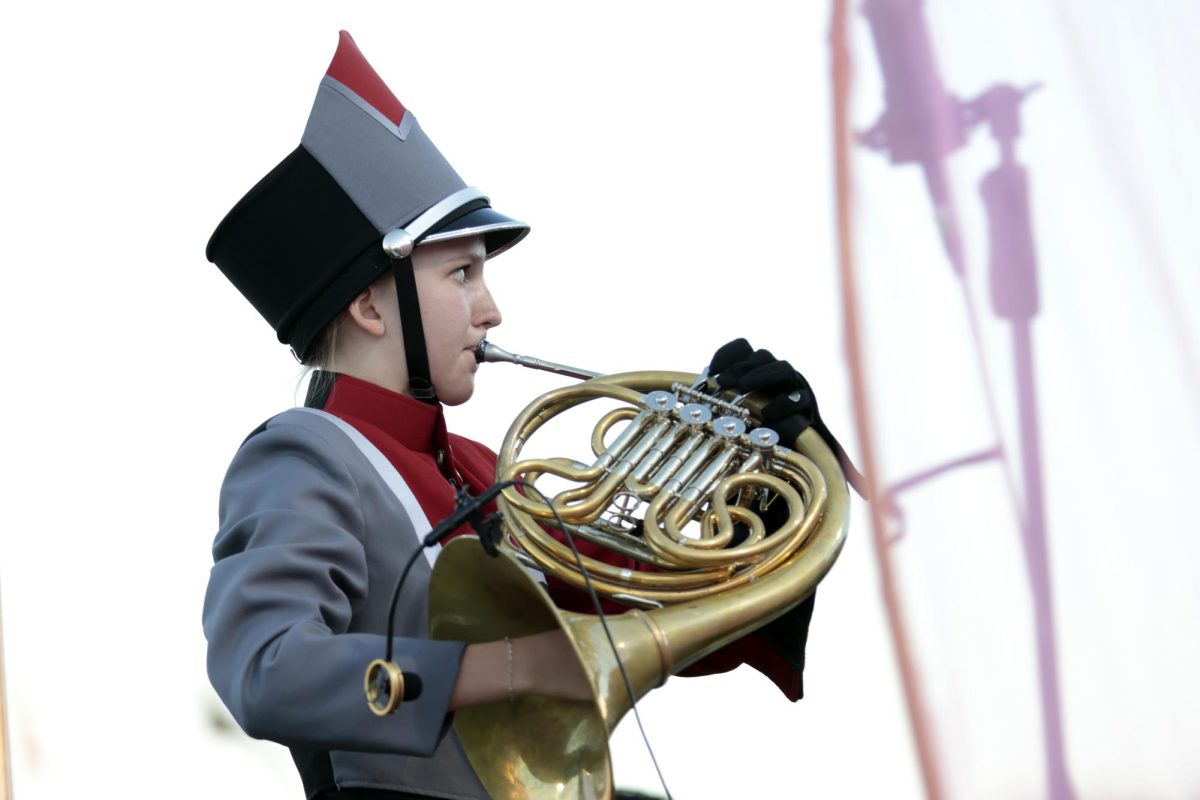Lately, rap artists like Lil Uzi and Playboi Carti have become the face of a generation who chooses to redefine masculinity and reshape the sound of rap. Fashion changed from denim and chicano style clothing in the 70s to artists who perform in leotards with light bouncing and skimming across their tight leather pants. If the hip hop industry unlearned generational cycles of toxicity, then culture should be able to learn to accept and embrace queer artistry.
Discrimination against gay artists goes back to the very beginning. In West Bronx, within an apartment compact with bodies, music bounced off the walls and sweat dripped off everyone’s brow and D.J. Kool Herc was the center of it all. He became the forefather of hip-hop in 1973 by DJing at his sister’s birthday party. Herc gave emcees the space to rap about their clout or the opportunity to represent their city.
Sampling became a consistent style in the late 60s, which caused emcees to sample other famous singers. Prince and Luther Vandross’s music were typically heard in sampled music. Regardless of their popularity, these artists stood as the joke of Hip-Hop for years. Prince was made fun of for his eyeliner, promiscuous sound and feminine characteristics. Vandross was clowned simply for being a closeted gay man. In 2009, Kanye West went on MTV and addressed how hip-hop rejects queer artists and leaves them on the outskirts of the industry. Yet they support them when they want to make a fire track.
“Georgie Porgie” by Tribe Called Quest, talks about the perversion of homosexuals. The lyrics “In the beginning, there was Adam and Eve, but some try to make it seem like Adam and Eve… Instead of staying to the right, he fell off to the left.” Although these lyrics stem from religion and spirituality, they still illustrate the idea that gay people contain an internal dissonance within them which prohibits them from being normal.
Even in 2012, before the release of Frank Ocean’s album, Channel Orange, the artist published an essay that talked about his first love – a man. In songs like “Novacane” and “Songs For Women,” he explains his experiences with the opposite gender. But songs like “Strawberry Swing” and “Solo” create an element of enigma and curiosity about his sexual orientation. Ocean never clarified his sexuality, but the industry knows Ocean to be a queer artist. Chris Brown, an R&B singer, got into an altercation with Ocean and called him a gay slur. Ocean featured on a track, “Sunday,” with Earl Sweatshirt and sang about this problem. He addresses his frustration with the poor treatment of gay artists within hip-hop.
Even today, society embraces the music of Young Thug, as he won a Grammy for song of the year, and Frank Ocean whose album, Blonde, went platinum. hip-hop continues to label them as “weird” because of their sexual orientation.
The problem is not with musical engineers and producers allowing gay artists into their studios, but it is with the lack of recognition that queer artists receive. They are not allowed to have a seat at the table.

















Ramona Mills • Dec 6, 2019 at 12:10 am
Today I finally think I’ve made some progress in an area I really needed it. Hopefully, the mistakes I’ve been making with my attitude and lack of faith in this area won’t need to be repeated. I’m grateful for my faith, my angels and for your always kind and wise words!
Ramona Mills
Rose Martine • Dec 3, 2019 at 4:09 am
I think this is one of the most important info for me. And i’m glad reading your article. But should remark on few general things, The website style is great, the articles is really excellent : D. Good job, cheers
Regards
rose martine
Alisha Ross • Oct 30, 2019 at 12:38 am
I think this is one of the most vital information for me.
And i am glad reading your article. But wanna remark on some
general things, The website style is ideal, the articles is really
great : D. Good job, cheers
Regards
Ross Alisha